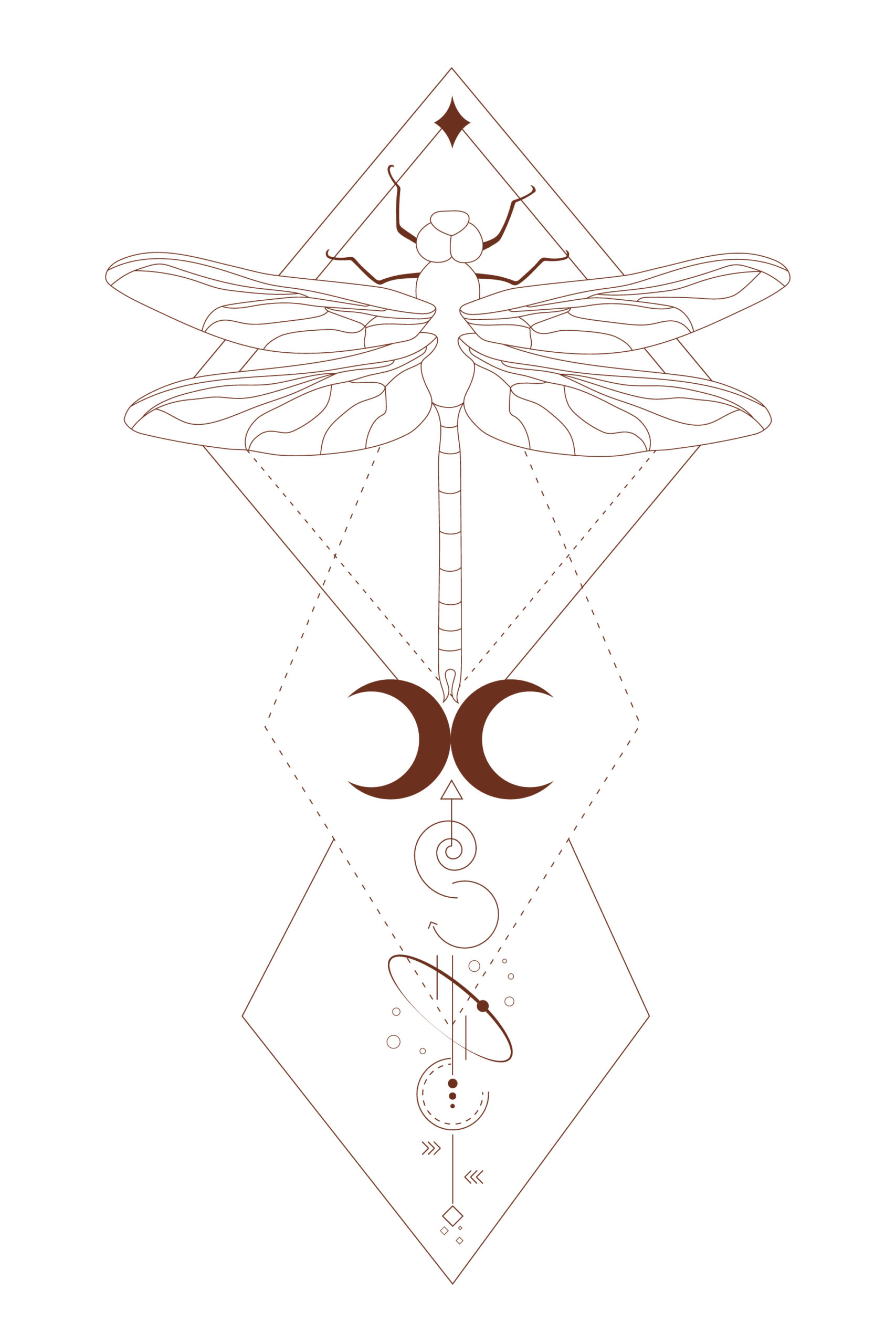Introduction: Intuition is a remarkable phenomenon that we all possess, yet often overlook or dismiss in our rational world. It is that inner voice, a gut feeling, or a subtle knowing that guides us in making decisions and navigating life’s complexities. While intuition may seem mysterious and elusive, there is a growing body of scientific evidence that sheds light on the fascinating science behind this innate ability. In this article, we will explore the science of intuition, unravel its mysteries, and discover the power of trusting our inner guidance.
The Intuitive Brain: Unveiling the Neuroscience: Scientific research has shown that intuition is not merely a product of wishful thinking or superstition. It is rooted in the intricate workings of our brain and its remarkable capacity to process information beyond our conscious awareness. Neuroscientists have discovered that our brain constantly processes vast amounts of data, both from our external environment and from within our own bodies, providing us with a wealth of information that goes beyond what our conscious mind can grasp.
The Role of the Subconscious Mind: One key aspect of intuition lies in the role of the subconscious mind. While our conscious mind operates on a limited capacity, the subconscious mind is like a vast reservoir of knowledge, experiences, and patterns. It effortlessly processes information and makes connections that may elude our conscious awareness. It is through this subtle interplay between the conscious and subconscious mind that intuition emerges, offering us valuable insights and guidance.
Intuition as Pattern Recognition: At the heart of intuition is the remarkable ability of our brain to recognize patterns. Research suggests that our brain is wired to detect and process subtle patterns in the information it receives. These patterns can be based on past experiences, stored knowledge, or even on subtle cues that we may not consciously perceive. Intuition arises when our brain recognizes these patterns and communicates them to us through feelings, hunches, or intuitive insights.
Cultivating and Trusting Your Intuition: Trusting our intuition is a skill that can be developed and honed over time. Here are a few practices to help you cultivate and embrace your intuition:
- Cultivate Mindfulness: Practice being fully present in the moment, as it allows you to quiet the mind and become more attuned to your inner guidance.
- Listen to Your Body: Pay attention to bodily sensations, as they often carry important messages from your intuition. Tune into any feelings of ease or discomfort when making decisions.
- Reflect and Journal: Take time to reflect on your experiences and journal your intuitive insights. This practice can help you gain clarity and deepen your trust in your inner guidance.
- Practice Intuitive Decision-Making: Start making small decisions based on your intuition and observe the outcomes. As you see positive results, your trust in your intuition will strengthen.
Conclusion: The science of intuition unveils the extraordinary capabilities of our mind and the power of trusting our inner guidance. By understanding the neuroscience behind intuition, we can appreciate its validity and harness its wisdom to make better decisions, enhance creativity, and navigate life’s challenges with greater clarity. Cultivating and trusting our intuition is an empowering journey that connects us with our inner wisdom and allows us to live authentically and purposefully. So, embrace the science of intuition, and let your inner guidance illuminate your path towards a fulfilling and meaningful life.

Recent Comments